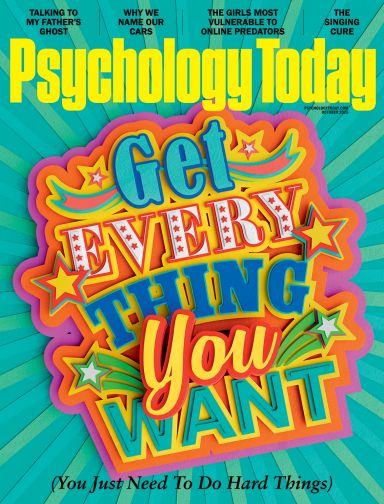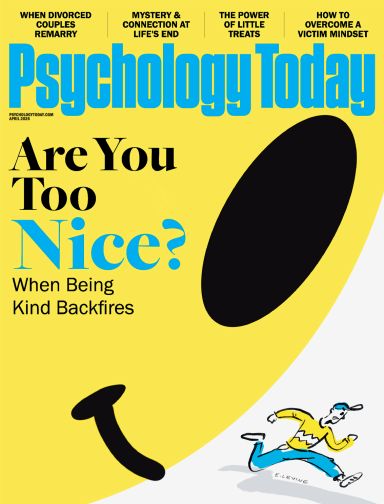A bias is a tendency, inclination, or prejudice toward or against something or someone. Some biases are positive and helpful—like choosing to only eat foods that are considered healthy or staying away from someone who has knowingly caused harm. But biases are often based on stereotypes, rather than actual knowledge of an individual or circumstance. Whether positive or negative, such cognitive shortcuts can result in prejudgments that lead to rash decisions or discriminatory practices.| Psychology Today
Shame is an emotion that involves negative self-evaluation—believing that something is wrong with you as a person. You may believe that you haven’t lived up to certain standards and feel unworthy or inadequate as a result. Shame often operates outside of conscious awareness, making it challenging to identify and overcome—but healing and growth are always possible.| Psychology Today
The term social media is generally used to describe internet-based websites and applications where users can participate in conversations, connect with other people, share their thoughts, and otherwise engage in social networking in a virtual environment. Between them, social media platforms like Facebook, Twitter/X, Instagram, and TikTok attract billions of daily users around the world.| Psychology Today




